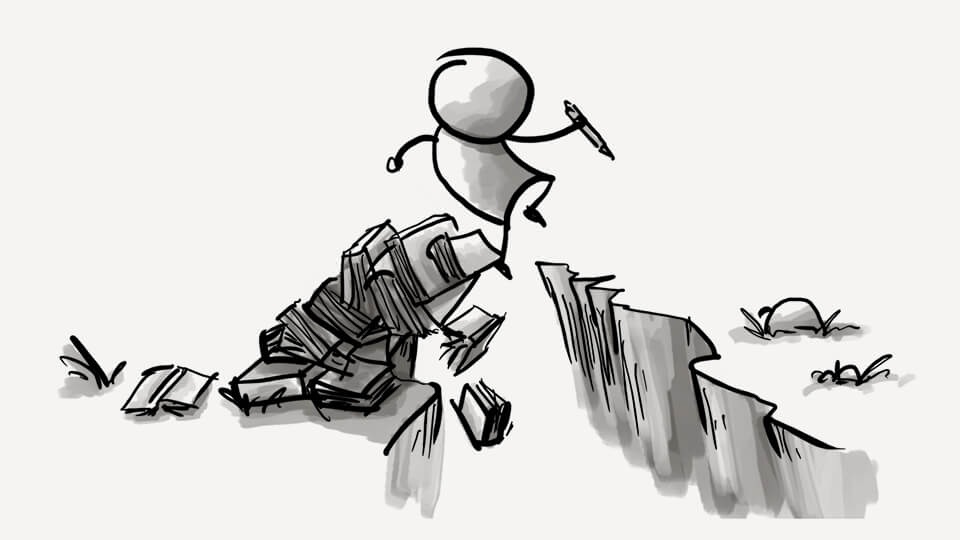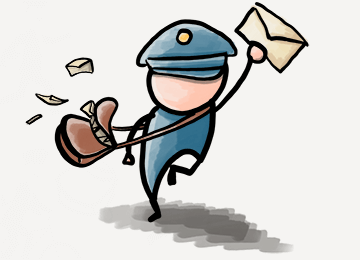When you’re born in a country like Poland in the 80s, being racist, sexist, homo- and xeno-phobic is the only option on the menu. You don’t know any better because you’re a kid with no other point of reference other than the adults around you. You don’t leave your hometown, you can’t leave the country, and encountering different cultures is a distant dream.
No one around you means any harm by it, of course. It’s just the way things are. Imagine a society poorer but not so very different from America and the UK in the 1920s. Women stay at home to be mothers and raise their children. Men go off to work to do hard things (mostly physical labor). Everyone drinks too much and prays to the catholic God. Priests molest altar boys and profess that gays are a western invention and that masturbation makes you blind. But hey, we had a Polish Pope. As if that made us any better as a nation.
How do you unlearn racism, sexism, xenophobia, and homophobia? How do you go against the instincts instilled in you by your loved ones? How do you even know there’s something wrong with what you believe in?
How do you—and this time I mean you personally—know which of your views are plain wrong?
Here’s the hard part: You don’t.
I didn’t. When I was seventeen, I didn’t think there was anything wrong with calling someone a—How am I even supposed to bring up the past in a polite conversation? Is it right to censor myself here and now, as if that made up for anything I might’ve said in the past? Anyway, many things seemed normal back then. 14-year-olds smoking and drinking, as if they had a reason to; my attractive 15-year-old neighbor selling access to her private parts for a couple of beers; my friend’s father thrashing him with a belt for just average grades. Nowadays, it’s so messed up it seems unreal. How could it ever be normal? My parents did their best to shield me from it, but they couldn’t help what I saw outside our home.
Whether I like it or not, that’s where I come from. I pretend to fit into polite society, but I don’t think I do. I learned to talk like them, think like them, and make sure to read ten times more than they do, but it feels like where I come from always excludes me. And before you protest that a place of birth doesn’t make a person, that you can grow, consider it carefully. Even when you outgrow your upbringing and free yourself of something, that something remains a fulcrum on which your worldview rests. It’s the starting point. A reference.
That I come from a poor, ran-down place is significant, but not that bad. It could be worse. I could’ve been born, for example, into a rich, privileged family living in New York. Growing up is easier, even when there’s a lot of doing it, than growing—what feels like—down.
I write about these things and can’t help thinking, “What if it makes people upset?” And I mean, it probably will, but how can I help my life’s experiences? Should I pretend it never happened? How can I help having grown up in a Polish mining town in the middle of nowhere? I can’t.
My worldview has obviously changed since, or I wouldn’t be writing about it. I live in Berlin, one of the most liberal and progressive cities in the world, and I fit right in. Much better than I did into the polite British society, some of them so stiff and insincere they made my collar chafe.
But how have I arrived here? I ask this not to laud my life’s achievements, but to better understand how change works. Especially since I can’t claim any credit for this particular change. I never set out to unlearn racism, sexism, and homophobia. It sort of happened as a by-product of exposing myself to uncomfortable experiences.
I do it on purpose, all my life. I go to places that scare me, approach people that intimidate me, and talk about things I know I shouldn’t be talking about.
If you enjoyed this article, share it with someone you know and consider supporting me on Patreon. I wouldn’t be where I am today without your contributions. Thank you!

